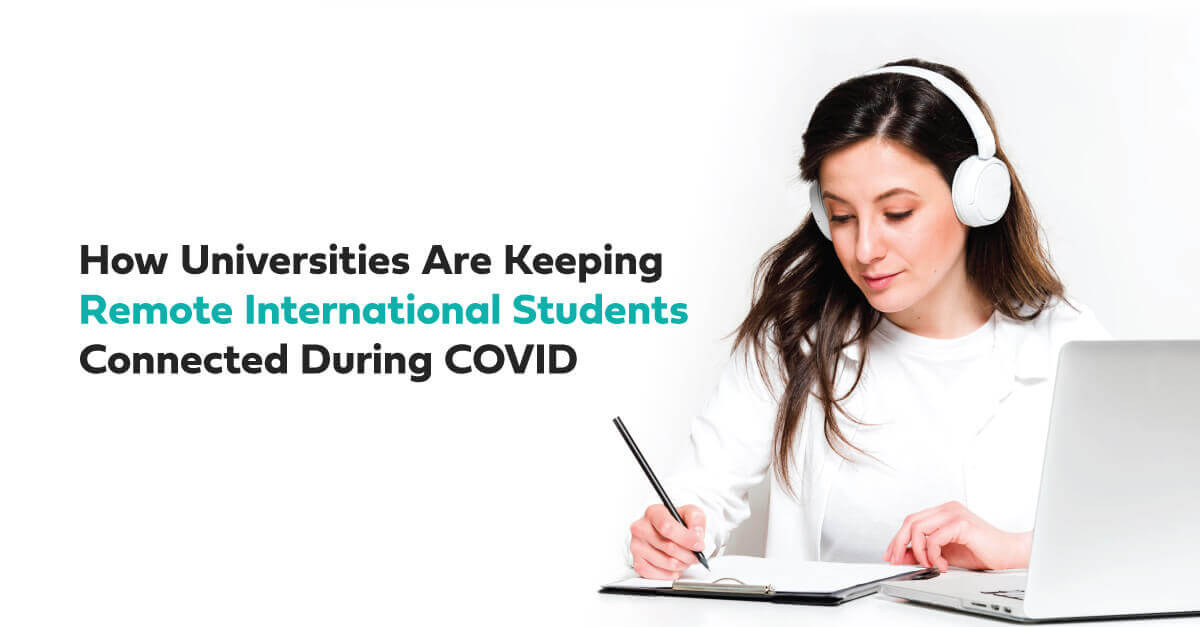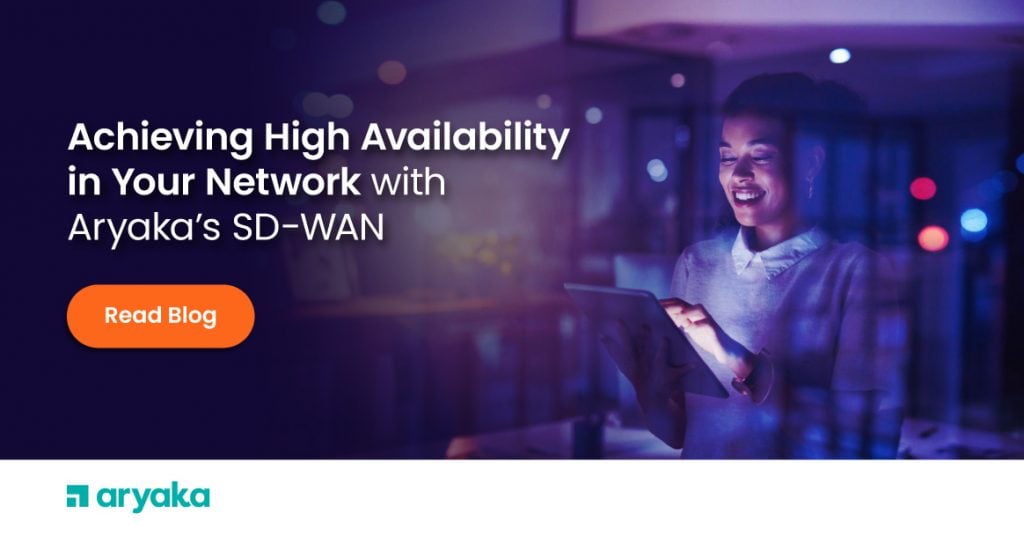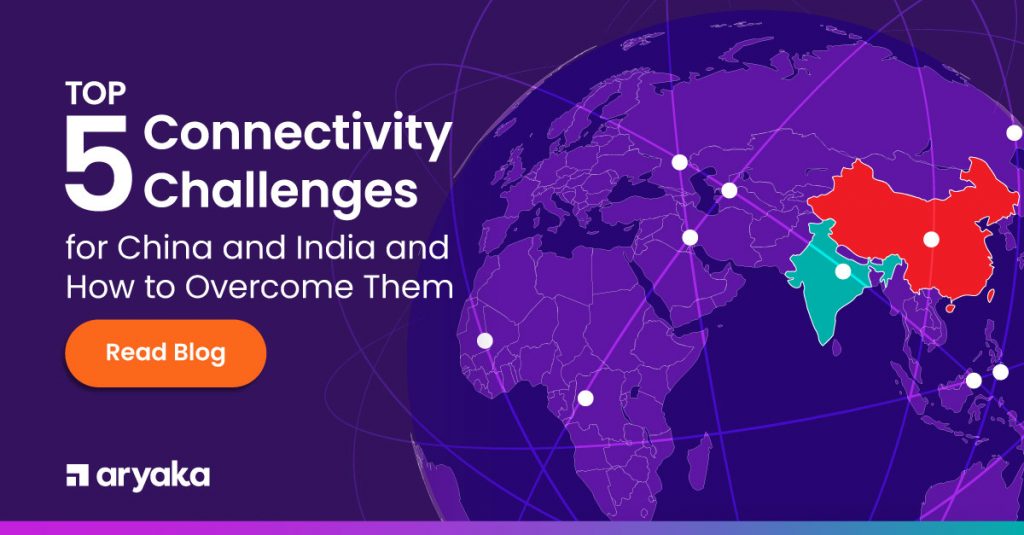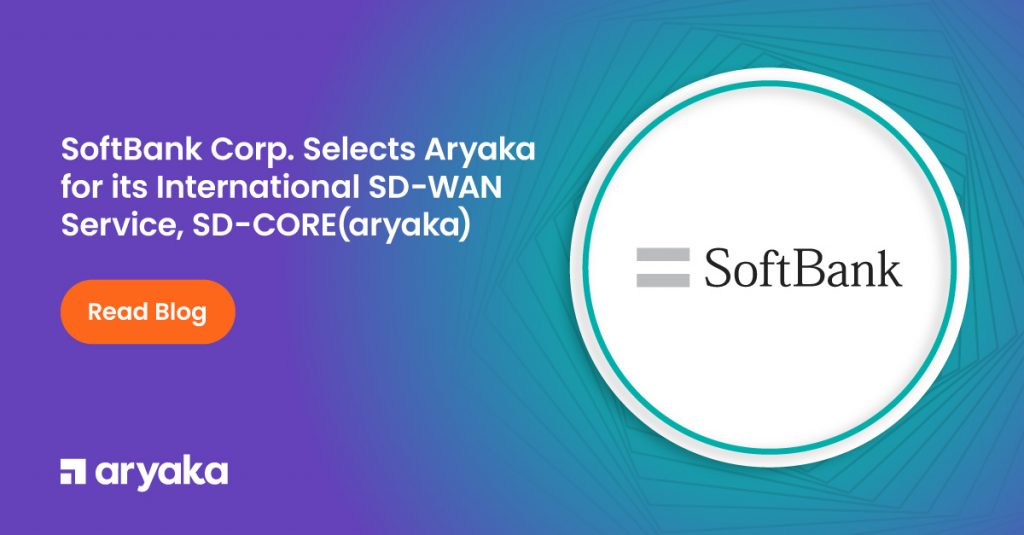How Universities Are Keeping Remote International Students Connected During COVID

Today marks the official start of fall. But in the era of COVID, back to school is looking very different this year. The global pandemic’s impact on education has yet to be fully understood, but we do know one thing: educational institutions are being challenged in new and unexpected ways.
This is especially true for higher education, which relies so heavily – financially and otherwise –on building an in-person community. Transitioning to virtual learning has been, and continues to be, a challenge among challenges. For professors and students, it’s pivoting curriculum, rethinking and sometimes increasing virtual learning tools, combating Zoom fatigue and ensuring comfortable at-home set-ups. For university IT departments, it’s enabling virtual learning by providing reliable, secure connectivity to curriculum, videoconferencing tools like Zoom, content portals and other applications like G-suite and YouTube.
Before COVID, most university IT departments managed their own on-campus network for a primarily in-person community of users. Now, they’re being challenged to support a large, distributed online community of users. To add even more complexity, many of those users aren’t in-country. In 2019, the number of international students in the U.S. hit an all-time high for the fourth consecutive year according to the Institute of International Education. From a networking perspective, this is a total different ballgame from providing connectivity to only U.S.-based users.
In one example, a U.S.-based university was struggling to provide stable VPN connectivity to their hundreds of international remote students, who are primarily based in China. Users were constantly being interrupted or kicked off. Not a great recipe for remote learning. But after deploying Aryaka Private Access, the university was able to accelerate its VPN connections by nearly 48X.
The Aryaka SRA solution accelerates, stabilizes and optimizes VPN connections by routing traffic through a dedicated, SLA-driven global Layer-2 private network. SRA provides consistently fast data, voice and video – all key to enabling virtual learning. No hardware or software is required and SRA can leverage an organization’s existing VPN client, so the solution can be deployed within minutes.
COVID is reshaping what the college experience means in 2020. While remote learning is inherently challenging, global connectivity doesn’t need to be an extra roadblock to creating a successful virtual learning experience.
Learn more about Aryaka’s Secure Remote Access offering or request a demo.







